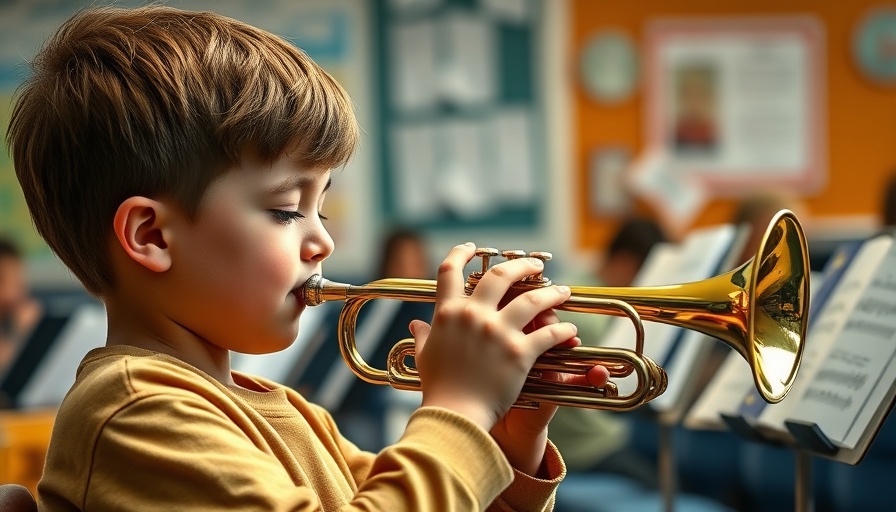
5 Signs Your Child Is Ready for Kindergarten
Transitioning from home or preschool to kindergarten is a significant milestone that can be both exciting and daunting for children and their caregivers. The journey toward readiness for this new educational environment involves much more than just age. It's about the skills your child has developed—social, emotional, physical, and intellectual—that contribute to their overall confidence and willingness to learn. Recognizing these signs can help families and educators provide support when it's needed the most.
1. Attention Span and Listening Skills
One of the first indicators that your child is ready for kindergarten is their attention span and listening capabilities. In a bustling classroom, children must be able to focus on activities for a short duration—generally around 10 to 15 minutes at their age. They should be able to listen when an adult speaks, follow simple directions, and transition between tasks with minimal fuss. To foster these skills, consider incorporating games that require turn-taking and following instructions. By nurturing their attention span and listening habits, you lay a foundation for deeper learning—whether it's grasping letters, numbers, or social norms within a classroom setting.
2. Social Interaction and Cooperative Play
The essence of kindergarten is rooted in play-based learning—sharing, engaging, and forming new friendships. A child prepared for this social environment can effortlessly join group games, trade toys, and understand sharing norms. They should communicate their needs verbally rather than resorting to tantrums or aggressive behaviors. Empathy becomes central here; children should feel comfortable comforting a distressed peer or asking for help when needed. Opportunities for cooperative play, such as playdates or group activities, will help your child develop essential communication and negotiation skills that are critical for success in a kindergarten setting.
3. Independence and Self-Help Skills
As children enter kindergarten, they are often expected to manage personal care tasks independently. This includes everything from snack time to bathroom usage and dressing for outdoor activities. A child demonstrating good self-help abilities can zip their jacket, put on shoes without assistance, and manage their bathroom needs. Parents should encourage independence through practice at home, as this fosters a sense of responsibility and self-worth, both vital for a smooth kindergarten transition.
4. Early Academic and Fine Motor Skills
While formal academic learning begins in kindergarten, children can exhibit readiness through early literacy and numeracy exposure. Skills such as recognizing letters, counting to 10, and holding a pencil correctly for writing are essential. Engaging in early reading activities—like listening to stories—can nurture a love for books while enhancing vocabulary. Additionally, activities that strengthen fine motor skills, such as cutting with scissors, threading beads, or even simple arts and crafts, will bolster hand-eye coordination and dexterity necessary for various classroom tasks.
5. Emotional Regulation and Adaptability
Lastly, a child's ability to regulate their emotions and adapt to new situations is a critical readiness indicator. Kindergarten often presents challenges such as sharing attention from teachers, managing conflicts with peers, or facing the unfamiliarity of a new environment. Children ready for kindergarten can express their feelings appropriately, engage in self-soothing techniques, and adapt to changing routines with a positive mindset. Creating an environment where your child feels safe to express a range of emotions, and helping them navigate these feelings can significantly ease their transition.
Preparing for a New Adventure
Recognizing these five signs will not only help you gauge your child's readiness for kindergarten but will also enrich their transition into this new and exciting phase of education. Remember, every child develops at their own pace, and being aware of these indicators can assist in nurturing their growth more effectively. Also, considering a visit to a pediatric chiropractor might be beneficial to ensure your child’s physical well-being as they prepare for the exciting experiences ahead.
If you’re a parent gearing up for the kindergarten transition, reflect on these signs and how they might play out in your child's behaviors and interactions. Supporting your child's journey with love and encouragement will set the stage for a successful educational experience.
 Add Row
Add Row  Add
Add 




Write A Comment